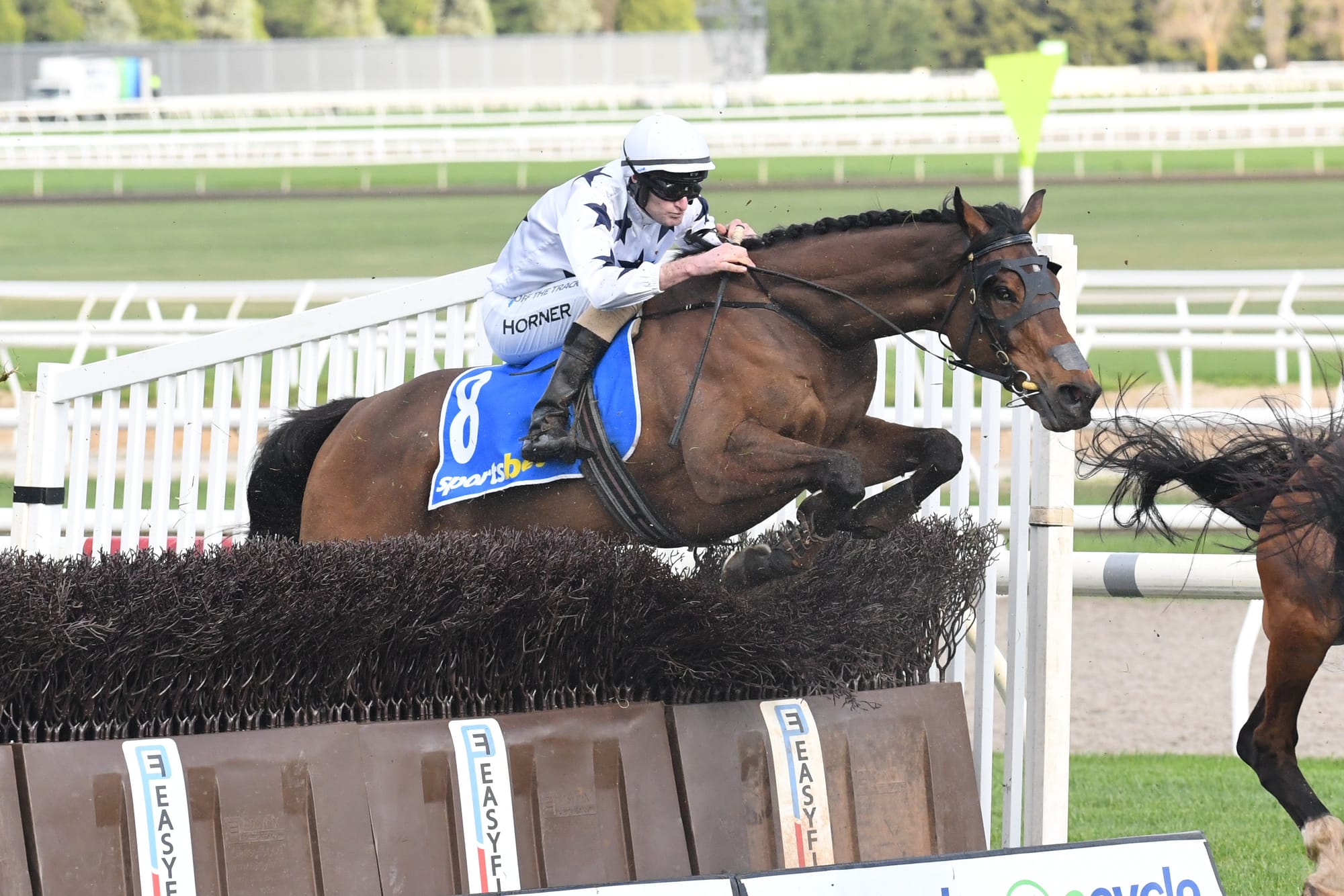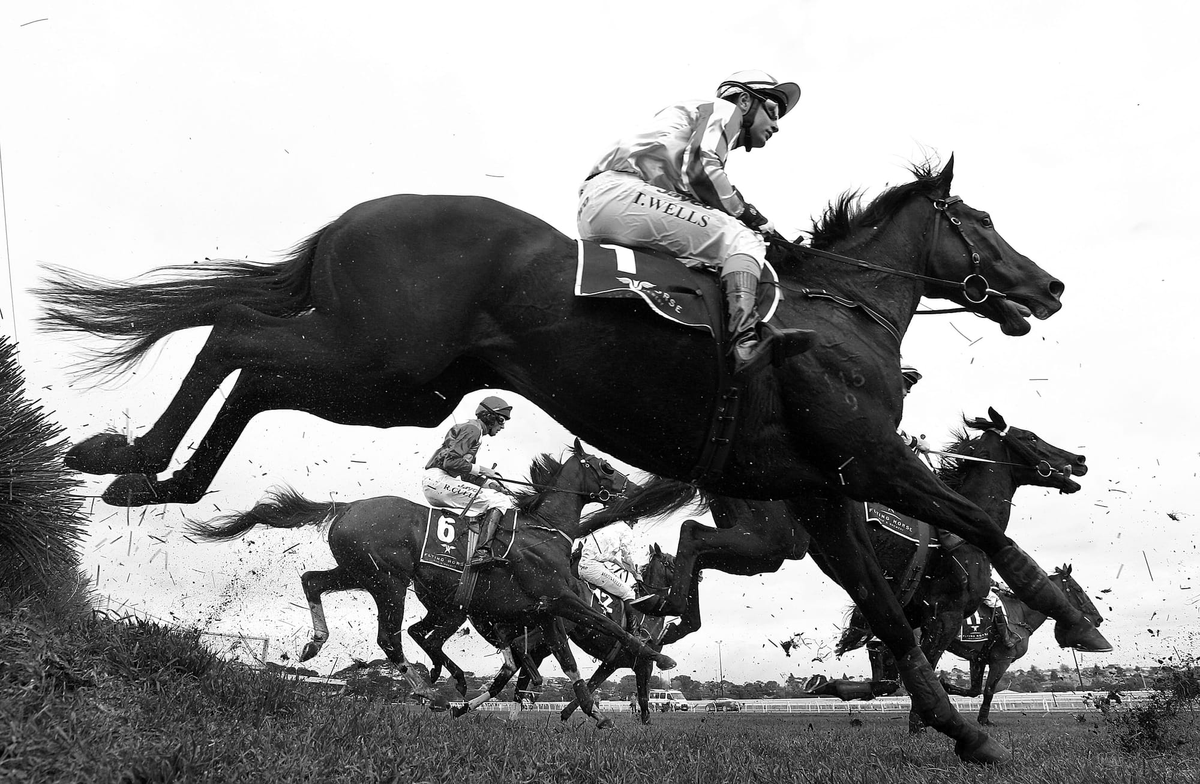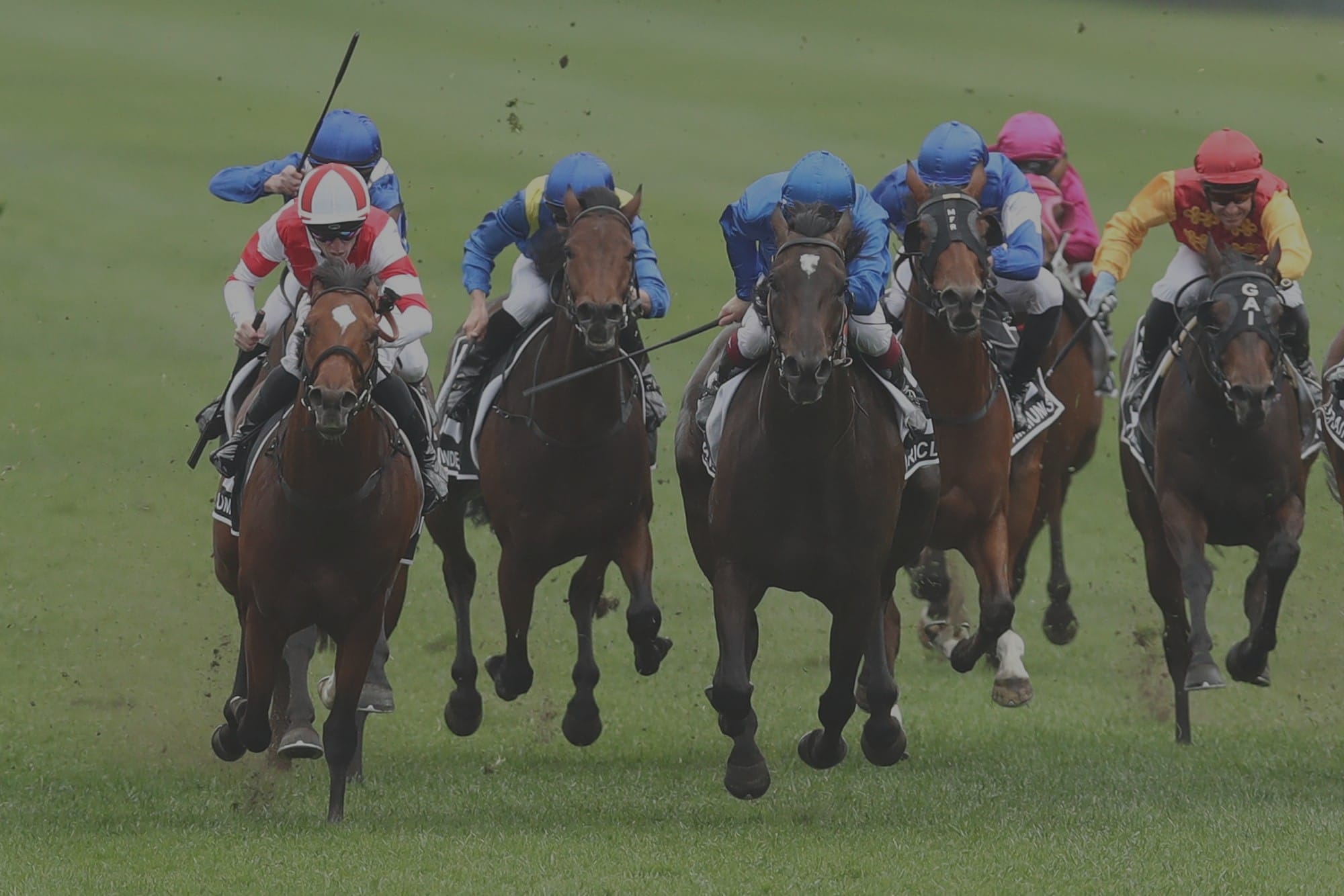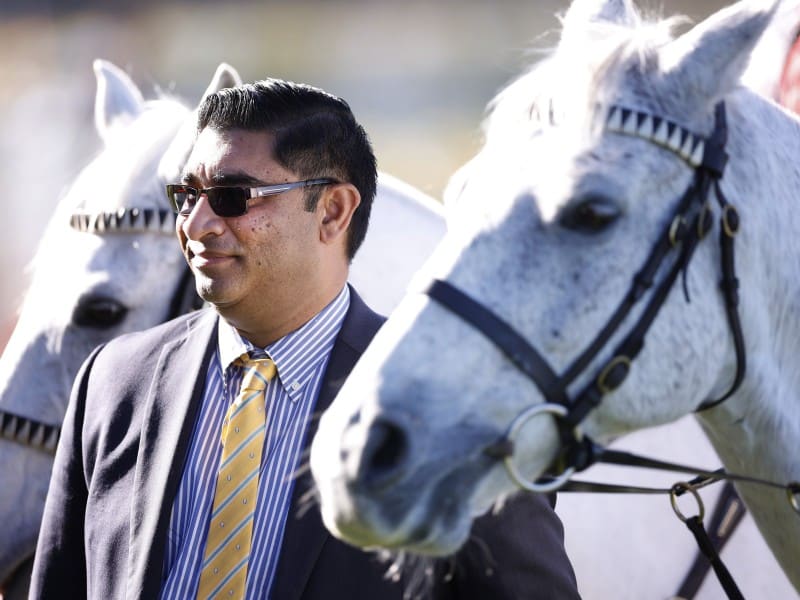‘Heartbreaking’ Ballarat conclusion to form part of jumps review
A disastrous conclusion to the Victorian jumps season at Ballarat on Sunday which saw two jockeys hospitalised and three horses euthanised will form a key part of an annual review by Racing Victoria into the format’s sustainability.

Jockey Lee Horner is in intensive care in Royal Melbourne Hospital with serious head injury after a fall from Sky Hero in the Grand National Steeplechase, the final race of the 2024 jumps racing season.
Will Gordon fell from Bell Ex One in the same incident and was taken to hospital with a shoulder injury, and was later released, while the fall which caused the chain reaction resulted in a fatal injury to the Andrew Bobbin-trained Mighty Oasis.
Earlier in the day, two other horses died as the result of injuries in their respective jumps races, the Eric Musgrove-trained Buffalo Bill and the Declan Maher-prepared Maserartie Bay.
Racing Victoria released a statement on Monday saying the individual incidents will be reviewed by the Jumps Review Panel, while the entire season would be put under the microscope during a scheduled annual review.
“It is with great sadness that RV acknowledges that three horses – Mighty Oasis, Maserartie Bay and Buffalo Bill – were humanely euthanised as a result of injuries sustained in three different races at the Ballarat meeting,” the RV statement said.
“Mighty Oasis fell during the Grand National Steeplechase, while Maserartie Bay and Buffalo Bill were pulled up by their riders in earlier races after sustaining serious injuries.
“All three horses received immediate veterinary care, however, were unable to be saved due to the nature of their injuries. As is standard practice, each fatal incident will be reviewed by the Jumps Review Panel with a post-mortem to be conducted on each horse.”
Racing Victoria described the events at Ballarat as “heartbreaking for all involved in the Victorian jumps racing community”.
“Each and every one is committed to making the sport as safe as it can be and has worked hard to do so with marked improvement across the previous 14 years,” the statement said.
Seven horses have died during the 2024 jumps season, up from an average of 2.3 fatalities over the previous three seasons.
“Whilst the fatal incident rate in Victorian jumps racing reduced by over 60 per cent from 2009 to 2023, there is no denying that the safety record regressed in the 2024 jumps season,” RV said.
“RV will now conduct a review of the 2024 jumps racing season. This annual process will commence in due course and critically analyse this year’s safety record alongside that of previous years.”
The spate of racing fatalities on what was supposed to be the crescendo of the jumps season is likely to draw the scrutiny of those who want to end jumps racing.
Overall declines in wagering have led Racing Victoria to make some key reductions in its expenditure, including on prize money and in that environment, the investment in jumps racing also is likely to come under examination.

Racing Victoria allotted $4.76 million for jumps racing prize money throughout the 2024 season, a 3.5 per cent reduction on 2023. That prize money was split across 41 hurdle races and 24 steeplechase races initially programmed.
Weakening broader wagering figures forced the reduction, which was in line with what happened with flat races and brought overall prize money back to 2022 levels.
Feature jumps racing bore the brunt of that change, with reductions in the Grand National Steeplechase, the Kevin Lafferty Hurdle, the Brendan Drechsler Hurdle, the Thackeray Steeplechase, the Mosstrooper Steeplechase, the Australian Steeplechase and the Australian Hurdle.
Minimum prize money was maintained at $35,000, while average prize money per race was $73,231.
As well as improved safety standards, one of the metrics which will determine the future of jumps racing will be its ability to attract fields which optimise wagering.






